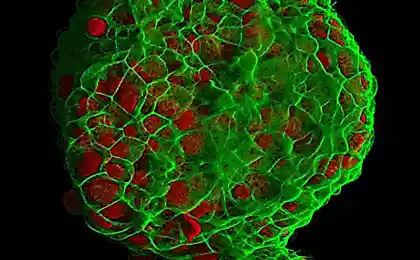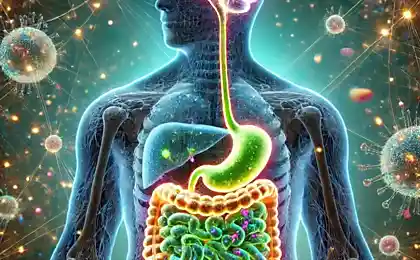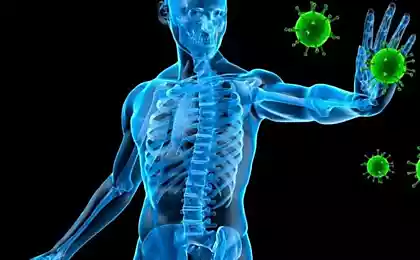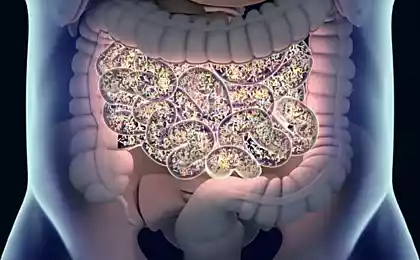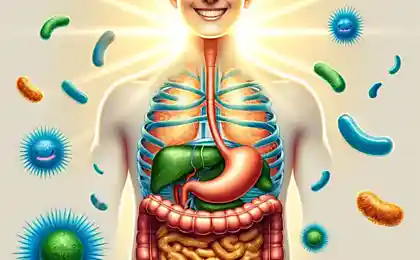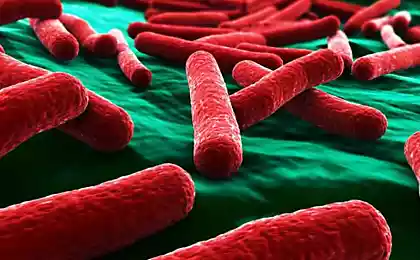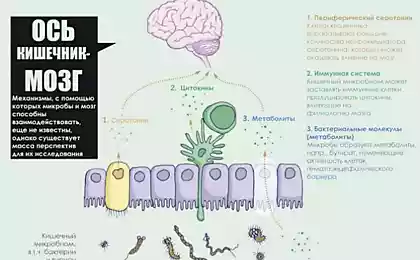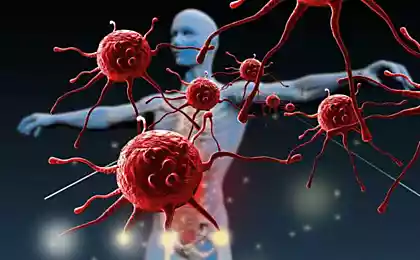167
Invisible Helpers: The Microbes That Make Us Better

When we hear the word “microbes,” it is often associated with disease and dirt. However, the billions of bacteria living in and around us play a key role in our health and well-being. Recent discoveries in the microbiome reveal amazing facts about how these invisible creatures affect our lives.

Surprising discoveries about the benefits of the “right” bacteria
The microbiome is the totality of all microorganisms living in our body and on its surface. Recent studies show that it affects many aspects of our health:
- Digestion: Microbes help break down food, synthesize vitamins and absorb nutrients.
- Immunity: The right balance of bacteria strengthens the immune system, protecting against pathogens.
- Metabolism: The microbiome affects metabolism and even the risk of obesity.
- Brain and mood: There is a link between gut bacteria and brain functions, including mood and behavior.
“We are on the cusp of a new era in medicine, where understanding the microbiome will be the key to treating and preventing many diseases,” says Professor Maria Ivanova, a specialist in microbiology.
How microbes affect our mood and health
The connection between the gut and the brain is one of the most exciting areas of research. Bacteria produce neurotransmitters such as serotonin and dopamine, which affect our moods and emotions.
Research has shown that microbial imbalances can be linked to depression, anxiety, and even autism. Correcting the microbiome through diet or probiotics can improve psychological well-being.
Unexpected ways to make friends with beneficial microbes
Maintaining a healthy microbiome does not require complex measures. Here are some ways to improve the microbiome:
- Diverse diet: Eat more vegetables, fruits, whole grains and legumes rich in prebiotic fibers.
- Fermented foods: Kefir, yogurt, sauerkraut and kimchi contain beneficial probiotics.
- Antibiotic restriction: Use antibiotics only as prescribed by your doctor, as they destroy both harmful and beneficial bacteria.
- Contact with nature: Spending time in nature and interacting with animals can enrich the microbiome.
- Avoid excessive hygiene: Excessive use of antiseptics and antibacterial agents can disrupt the balance of microflora.
Stories of “miraculous” healings thanks to the microbiome
Cases where microbiome correction led to significant health improvements are becoming more common:
Anna, age 28: “I suffered from chronic fatigue and depression. After consulting with a nutritionist, I changed my diet and started taking probiotics. After a few months, I felt a significant improvement in mood and energy. ?
Igor, 45 years old: “I had stomach and digestive problems. Traditional treatment did not help. After a fecal transplant, my symptoms disappeared.
Conclusion
Microbes are our invisible allies on which our health and well-being depend. Understanding and caring for the microbiome opens new horizons in medicine and allows each of us to improve our quality of life. Instead of fighting microbes, you should learn to live in harmony with them.
“The microbiome is a forgotten organ on which much depends. Take care of him, and he will take care of you, emphasizes Professor Ivanova.
By incorporating simple lifestyle and diet changes, we can maintain a healthy microbiome and, as a result, improve our physical and emotional state.
Lost technology of the ancients: what are we still surprised by?
How ordinary people become heroes: the incredible stories of an ordinary day

